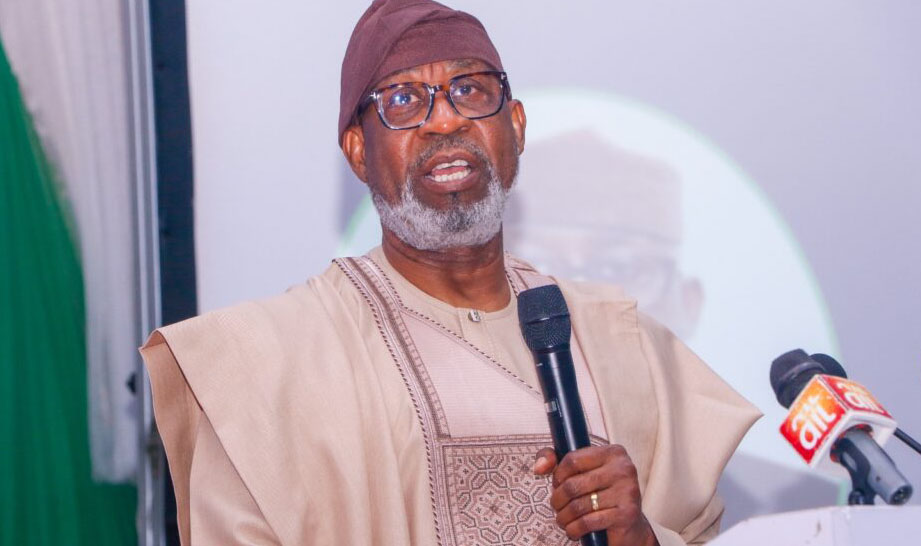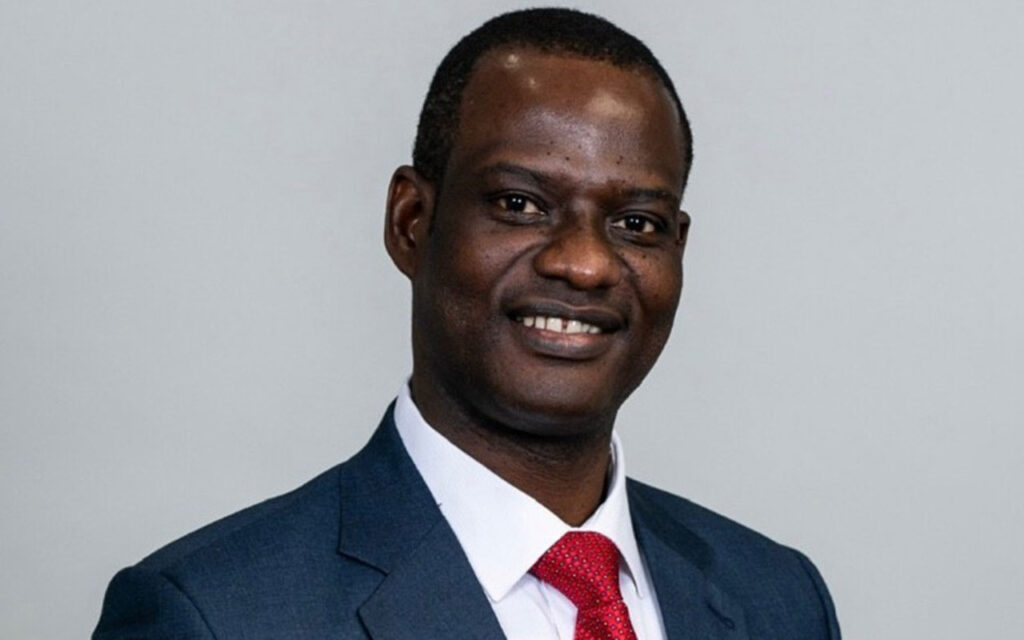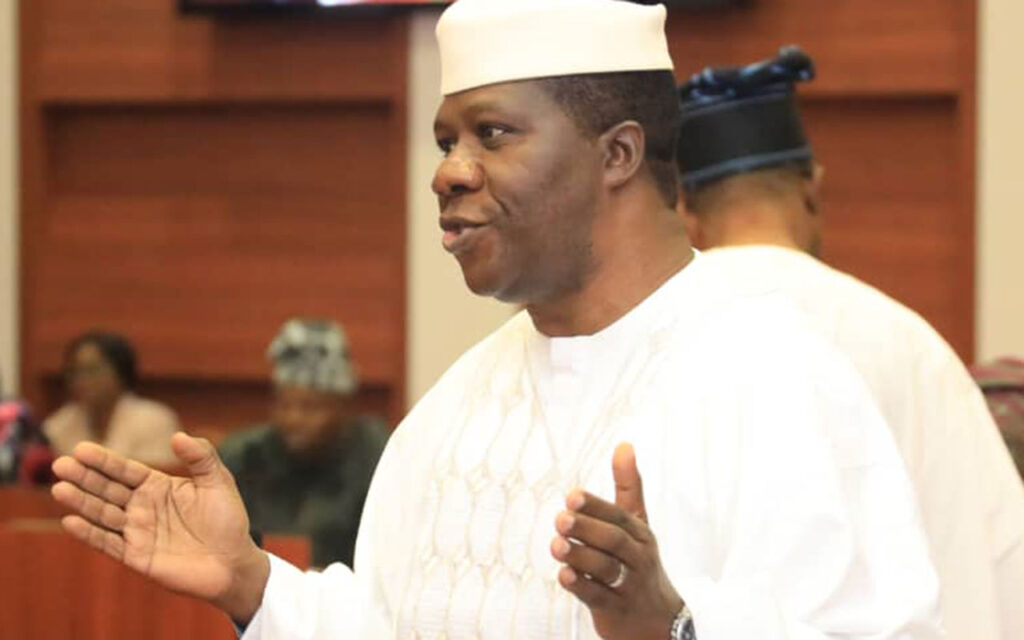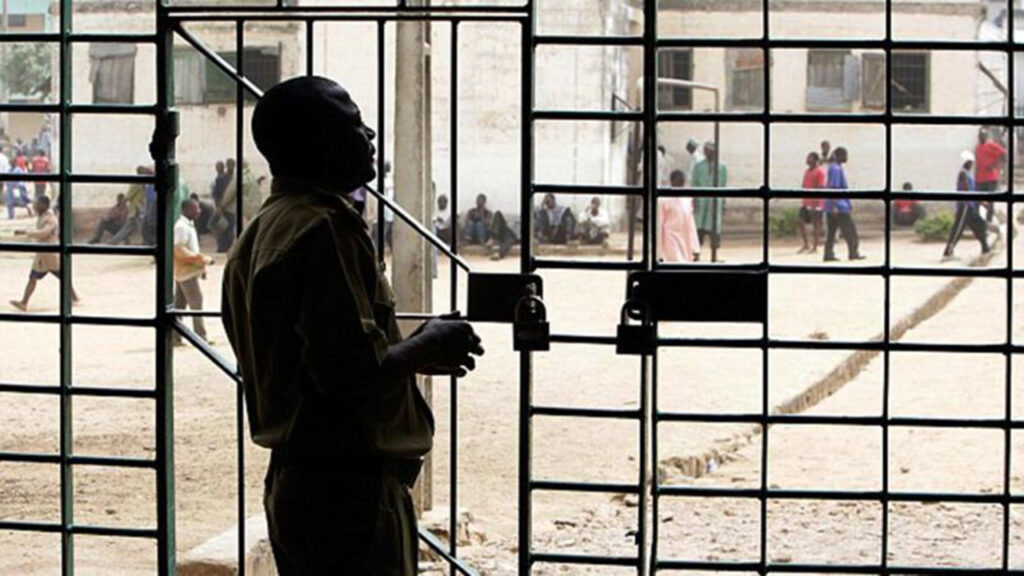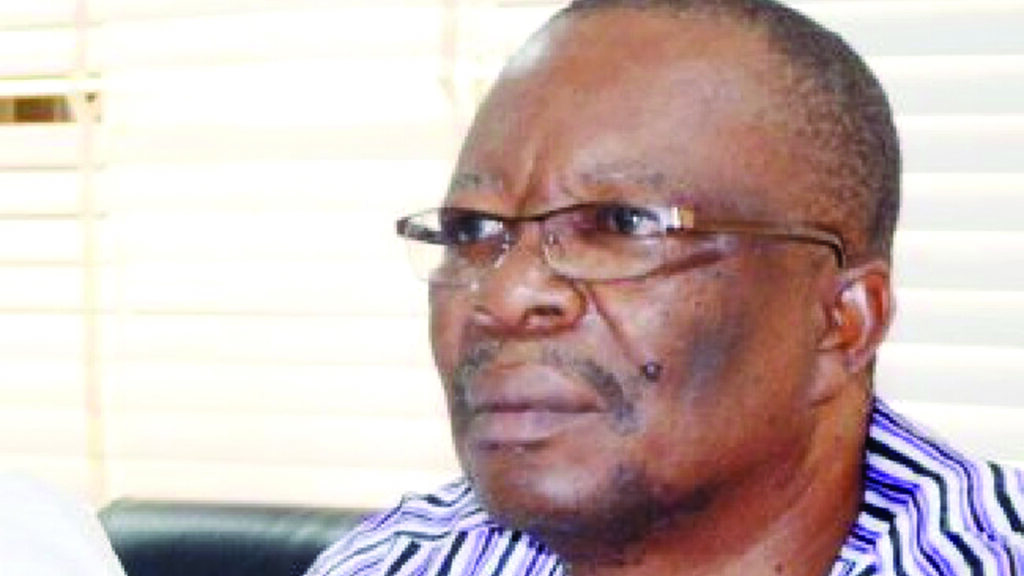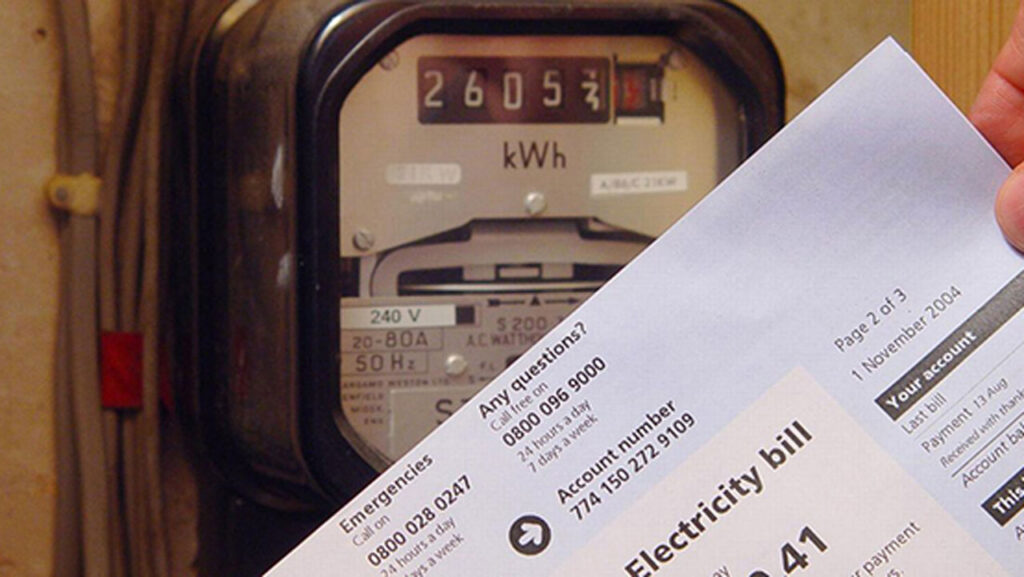
Commissions FCT tremor monitoring station
Minister of Solid Minerals Development, Dele Alake, has described solid minerals as the country’s next economic saviour. As part of efforts to monitor seismic activities in the country, the minister commissioned seismic stations in the Federal Capital Territory (FCT) to monitor earth tremors.
The minister, who disclosed this in Abuja, yesterday, at the commissioning of Nigerian Geological Survey Agency (NGSA), National Seismic Monitoring Station-5, revealed that “Nigeria has over $700 billion worth of solid minerals” underground.
He said: “The oil revenues are declining, so we have no choice but to go back to the soil. Solid mineral is the next saviour of Nigeria, whether we like it or not. Our President is a finance person. This is the first time in the history of Nigeria that we are having a finance person as President. He understands public finance.”
Alake emphasised the importance of solid minerals in Nigeria’s economy, especially as the country’s oil revenue declines. He pledged to support the expansion of seismic monitoring equipment nationwide to mitigate the impact of natural disasters.
The minister added: “We have, based on the limited geo data available, over $700 billion worth of minerals in our soil. Imagine when we expand the scope of geo data to cover the entire country; we will be talking about trillions of dollars worth of minerals embedded in our soil.
“As I always say, one of the problems of Africa and our society has been the dissonance between physical development and mental development. And where physical development and mental development are not at equilibrium, you have chaos. Call it social dissonance. So as we restructure the economy or the landscape in physical infrastructure, we must restructure our mental capacity to be with physical development, so that we can efficiently enjoy the benefits of physical development. That is what this government is doing. That is what we will continue doing with your cooperation and your loyalty. You will be a proud Nigerian very soon.”
The Director-General of NGSA, Dr Abdulrazaq Garba, highlighted the significance of understanding and monitoring seismic activity in order to protect lives, infrastructure and national development.
He mentioned the recent increase in low magnitude seismicity in various parts of the country, and said that NGSA had already established active seismic monitoring stations in Abuja, Kaduna, Ilorin, Keffi and Katampe, adding: “These stations are equipped with advanced instrumentation and are connected to the International Federation of Digital Seismograph Networks.
“The consequences of destructive ground motions, including earthquakes, could place a heavy burden on the society and national economies, particularly in developing countries.”
According to him, to avoid or, at least, mitigate the negative effect of such events, a thorough scientific knowledge of the geological and geophysical causes, their structural, kinematics and dynamic characteristics as well as a developed capability to monitor and to analyze them is indispensable.

